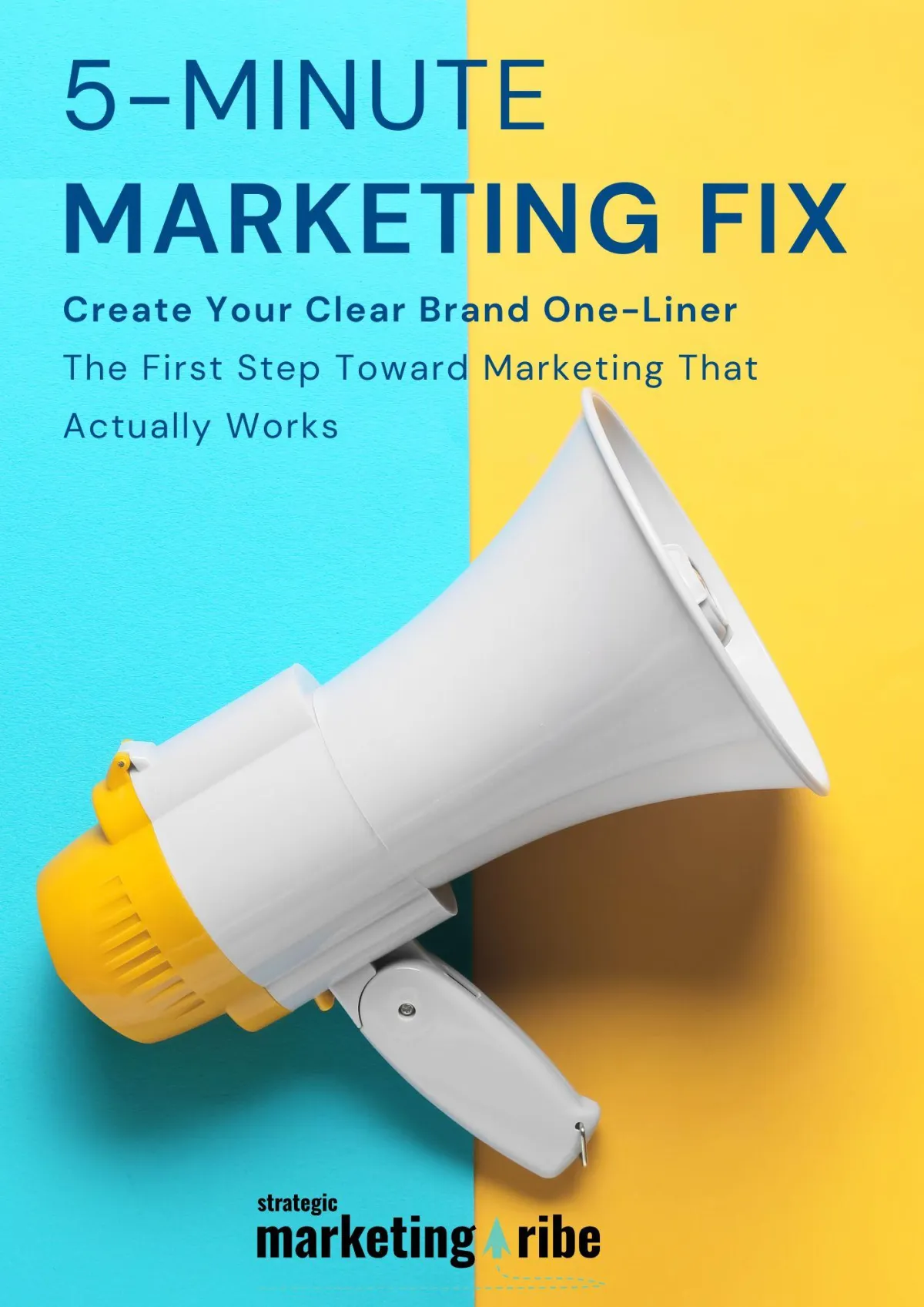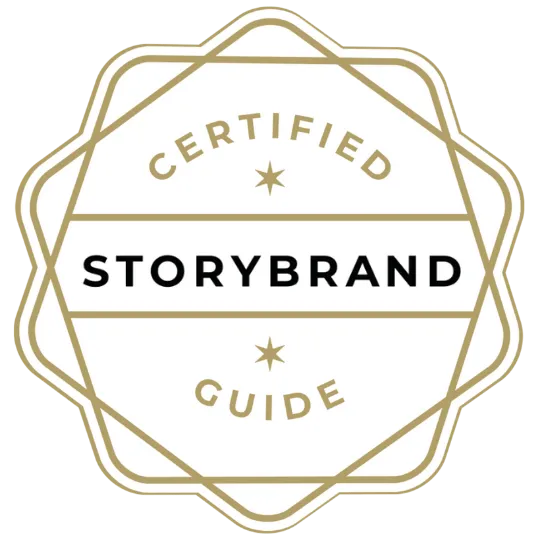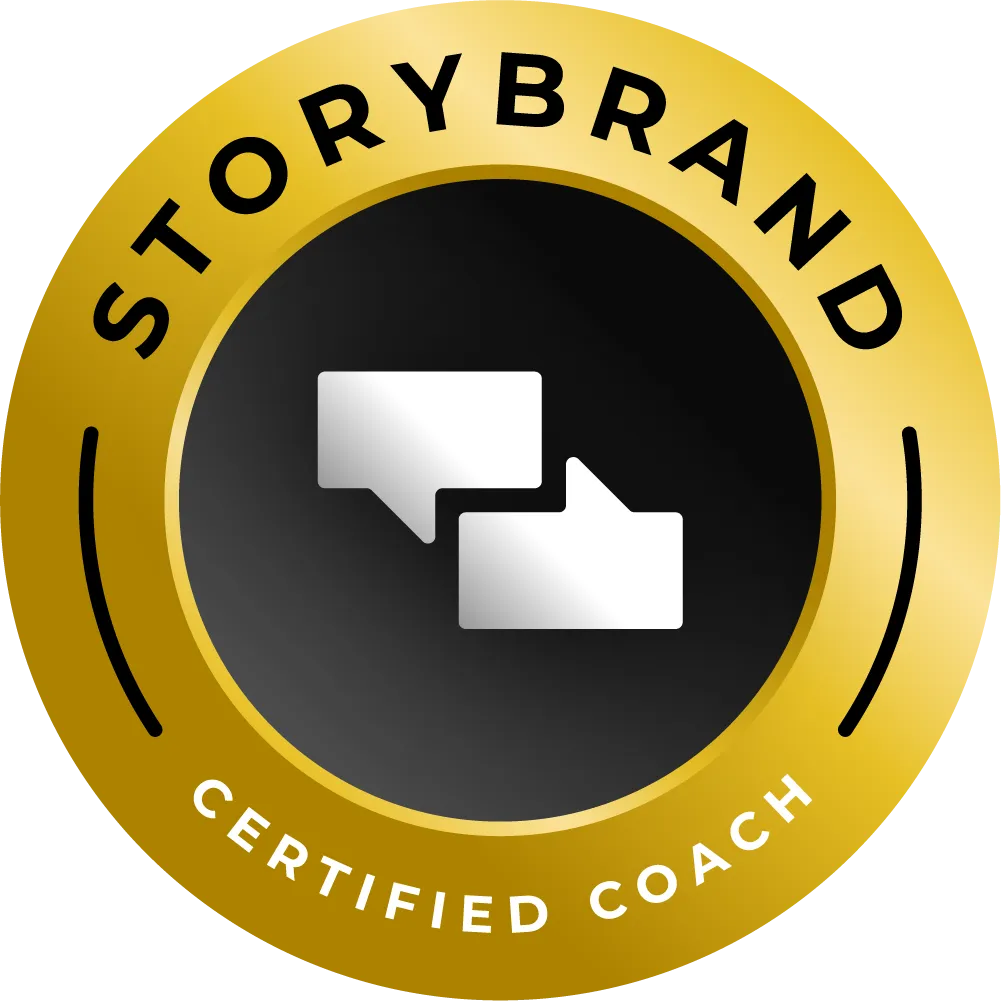STORY, MEET STRATEGY
Let’s make marketing feel less robotic and more real.
Find resources that bring your message—and your business—to life.

Stop Targeting Everyone: Why Clarity Beats Volume
By Vicky Sidler | Published 4 November 2025 at 12:00 GMT+2
If you’ve ever said “my product is for everyone,” congratulations—you’ve just joined the world’s least exclusive club. It’s full of good people, great ideas, and shockingly empty bank accounts.
I’m Vicky Sidler, a StoryBrand Certified Guide and Duct Tape Marketing strategist who believes the idea that “more reach equals more customers” sounds logical but performs like a leaky hose.
The broader your message, the less anyone listens. You’re not being inclusive—you’re being invisible.
TL;DR:
Trying to reach everyone makes your message weak and forgettable
Narrow audiences bring better returns and stronger brand loyalty
Niche marketing lets you charge more and waste less
Clarity attracts the right people faster
👉 Need help getting your message right? Download the 5-Minute Marketing Fix
Table of Contents:
Stop Targeting Everyone: Why Clarity Beats Volume
Your Message Loses Personality:
1. AI in Marketing Needs Human Thinking
2. Build Brand Loyalty Without the Noise
3. AI Search Distrust Grows—What Small Brands Should Do
4. StoryBrand Guide Name Is Back—and Here's Why It Matters
5. Celebrity Brand Fit—What Knix Got Right, AE Got Wrong
6. The Complete Guide To Strategic Marketing
FAQs on Niche Marketing and Audience Clarity
1. Why shouldn’t small businesses try to target everyone?
2. Doesn’t narrowing my audience mean I’ll lose potential customers?
3. How do I know if my target market is too broad?
4. What’s the financial risk of marketing to everyone?
5. What are the main benefits of niche marketing?
6. How can I choose the right niche for my business?
7. Won’t a niche limit my growth?
8. How can I make my message clearer right now?
9. What’s the connection between StoryBrand and audience clarity?
10. Where can I learn to define my audience and write clearer messaging?
The Problem With “Everyone”:
Marketing to everyone is like yelling into a crowd and hoping the one person who cares will notice you. It doesn’t happen.
Imagine a doctor who says, “I treat everything from colds to brain surgery.” You’d walk out. But that’s exactly what small businesses do when they claim to help “everyone.”
When you specialise, people trust you more. They think, “Ah, this person gets my problem.” When you generalise, they think, “This person is out to get everyone’s money.”
The Budget Black Hole:
The average business wastes about a quarter of its marketing budget. Some waste half. Why? Because they keep buying ads that talk to the wrong people.
Picture this. You’re selling premium coffee subscriptions. You target “coffee lovers aged 18 to 65.” Congratulations, you’ve just paid to show ads to teenagers who can’t afford your product and pensioners who don’t want to subscribe.
When your audience is too broad, you pay to impress people who were never going to buy in the first place. Specific targeting means less waste and more return.
Your Message Loses Personality:
You talk differently to your best friend than to your boss. So why talk the same way to every potential customer?
When you try to appeal to everyone, you end up sounding like an airport safety announcement—technically correct, emotionally vacant. The broader your audience, the more boring your message becomes.
As the Kellogg School of Management put it, if your target market is “everyone,” you don’t really have one.
The Power of Picking a Niche:
Here’s the fun part. Narrowing your audience doesn’t shrink your world. It clarifies it.
When you focus on a niche, you stop competing on price and start competing on relevance. You also make decisions faster. You know exactly what to build, what to say, and where to show up.
Chewy went all-in on busy pet owners who wanted high-quality food and fast delivery. Lush built a brand around eco-conscious shoppers who care about ingredients. Both found riches by narrowing their reach.
The Payoff of Saying “No”:
When you stop chasing everyone, you start attracting the right ones. You’ll find customers who understand your value, respect your time, and stick around.
Your marketing gets cheaper because it’s sharper. Your customers get happier because you’re clearer.
Clarity doesn’t limit you. It multiplies your results.
If you’re still writing copy that says “for businesses of all sizes,” grab a pen and cross it out. Start writing for someone. That’s where growth begins.
And if you’re unsure how to start defining your “someone,” I built a quick guide that shows you how. Get my 5-Minute Marketing Fix to learn how to write a one-liner that actually converts.
Related Posts:
1. AI in Marketing Needs Human Thinking
Your article shows how trying to appeal to everyone makes messages generic. This post expands on that by revealing why AI tools often make that problem worse. It explains how human strategy, not automation, keeps your marketing focused and memorable.
2. Build Brand Loyalty Without the Noise
You explained how clarity and focus attract better customers. This article shows what happens next—how to turn that clarity into loyalty by building genuine connections instead of shouting louder than your competitors.
3. AI Search Distrust Grows—What Small Brands Should Do
Your message about targeting the right audience links directly to this one. With 61% of people saying they don’t fully trust AI search results, small brands need sharper, clearer content that connects with real humans—exactly what niche targeting helps you achieve.
4. StoryBrand Guide Name Is Back—and Here's Why It Matters
You argue that clarity multiplies results. This piece explains how even the StoryBrand framework itself recently doubled down on that same principle. It’s a great next read for anyone ready to apply proven clarity frameworks to their own messaging.
5. Celebrity Brand Fit—What Knix Got Right, AE Got Wrong
You compared broad marketing to an “airport safety announcement.” This post brings that to life with real examples—showing how Knix’s clear brand focus hit the mark while American Eagle’s mixed messaging fell flat.
6. The Complete Guide To Strategic Marketing
Your article emphasises how targeting a specific audience creates clarity. This comprehensive guide shows you how to build a full strategy around that clarity—ideal for small business owners ready to move beyond “who” and into “how”.
FAQs on Niche Marketing and Audience Clarity
1. Why shouldn’t small businesses try to target everyone?
Because it never works. When you try to appeal to everyone, your message becomes too broad to connect with anyone. People respond to relevance, not generalities.
2. Doesn’t narrowing my audience mean I’ll lose potential customers?
Not really. You’ll still attract other buyers, but your marketing will work better because it’s clearer. Think of it as fishing with the right bait instead of throwing a net into an empty ocean.
3. How do I know if my target market is too broad?
If your message could fit any business in your category, your conversion rates are low, or you can’t describe your ideal customer in one sentence, your focus needs tightening.
4. What’s the financial risk of marketing to everyone?
Broad targeting wastes budget. Studies show that up to half of all marketing spend gets lost on people who were never going to buy in the first place. Specific targeting means every dollar works harder.
5. What are the main benefits of niche marketing?
You get less competition, higher profit margins, deeper customer loyalty, and more efficient marketing. When you focus on a clear niche, you become known for solving a specific problem better than anyone else.
6. How can I choose the right niche for my business?
Start by identifying your easiest customers—the ones who love your work, pay on time, and refer others. Look for what they have in common and what problems you solve best for them.
7. Won’t a niche limit my growth?
Quite the opposite. A clear niche creates momentum. Once you dominate one segment, you can expand strategically. Every major brand started by serving someone specific before scaling.
8. How can I make my message clearer right now?
Review your website and ads. Remove vague phrases like “for everyone” or “for all businesses.” Rewrite your copy to describe a real person with a specific problem you solve.
9. What’s the connection between StoryBrand and audience clarity?
StoryBrand is built on the idea that confused customers don’t buy. A clear audience focus helps you frame your customer as the hero and your business as the guide. That’s where trust and conversion happen.
10. Where can I learn to define my audience and write clearer messaging?
You can start withthe 5-Minute Marketing Fix. It’s a free, practical tool that helps you write a one-liner your ideal customers instantly understand and remember.

Created with clarity (and coffee)







